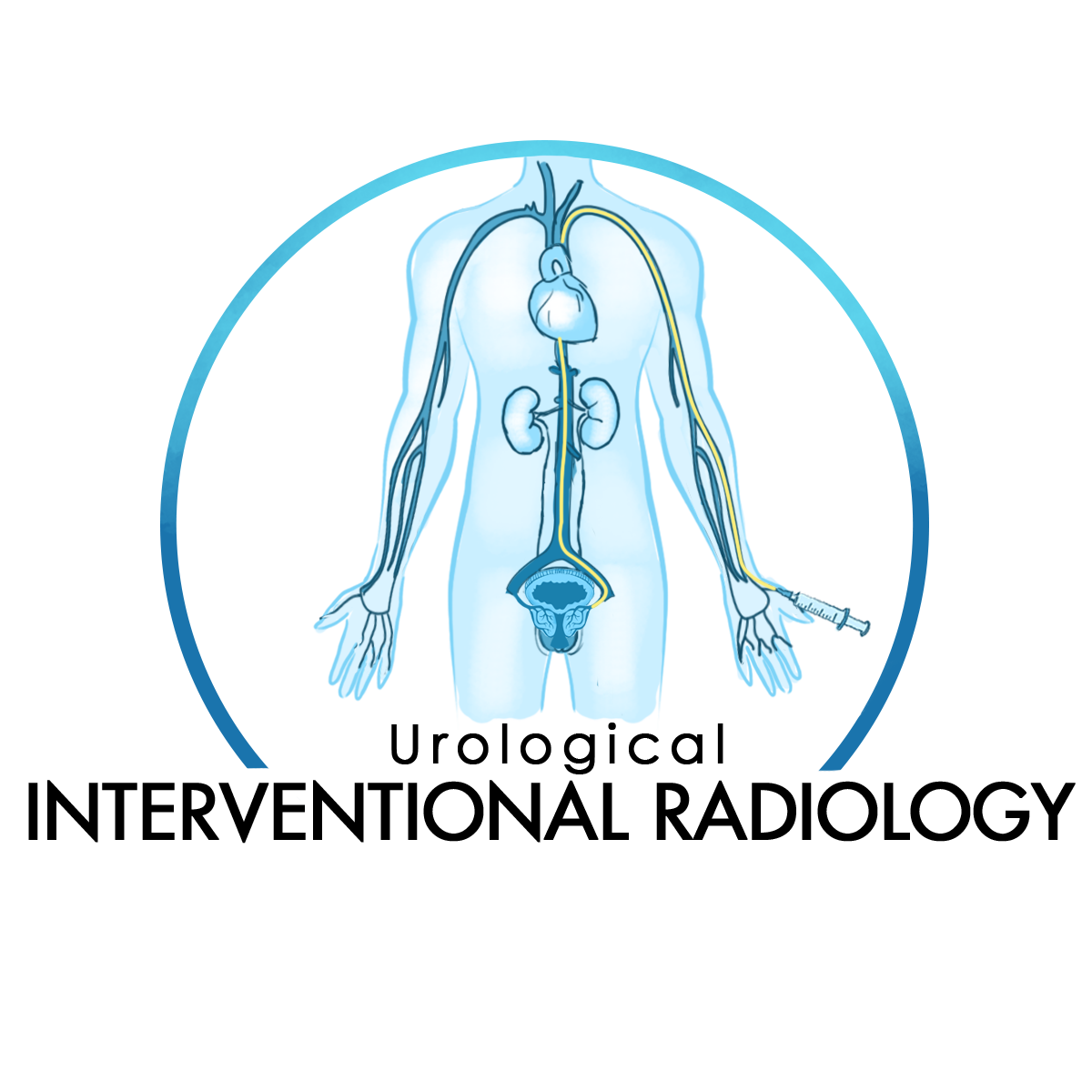Common Symptoms
The multiplication of the cells in prostate gland leads to the enlargement of the prostate which squeezes the urethra, hence causing urinary problems.
When this happens, the wall of the bladder becomes thickened, and then gradually starts to contract even when a small amount of urine is still in the bladder. The enlarged prostate can also push up against the bladder.

Inability to urinate or straining while urinating

Unable to empty your bladder completely

Dribbling at the end of the end of urinating

Increased frequency of urination, especially at night.
BPH can lead to problems associated with lower urinary tract symptoms that may include:
- Irritative voiding symptoms
- Weak or slow urine stream
- A sharp or sudden urge to pass urine
- Trouble starting a urine stream or making more than a dribble
- Feeling that the bladder has not fully emptied
- Passing urine often, especially at night
- Stopping and starting several times again while passing urine
- Pushing or straining to begin passing urine
- Leaking bladder
- Presence of blood in the urine
More so, delayed treatment of BPH may develop the following complications:
- Urinary tract infections
- Urinary, kidney or bladder stones
- Kidney damage
- Renal failure
- Inability to urinate due to complete blockage of the bladder
- Backflow of urine causing bladder or kidney infections
All patients diagnosed with BPH can be considered for PAE. However, current evidence suggests there are patients particularly suited for PAE. Based on health condition, age and how the condition affects you, get in touch with us to discuss various treatment options available for you, including prostatic artery embolization (PAE).
